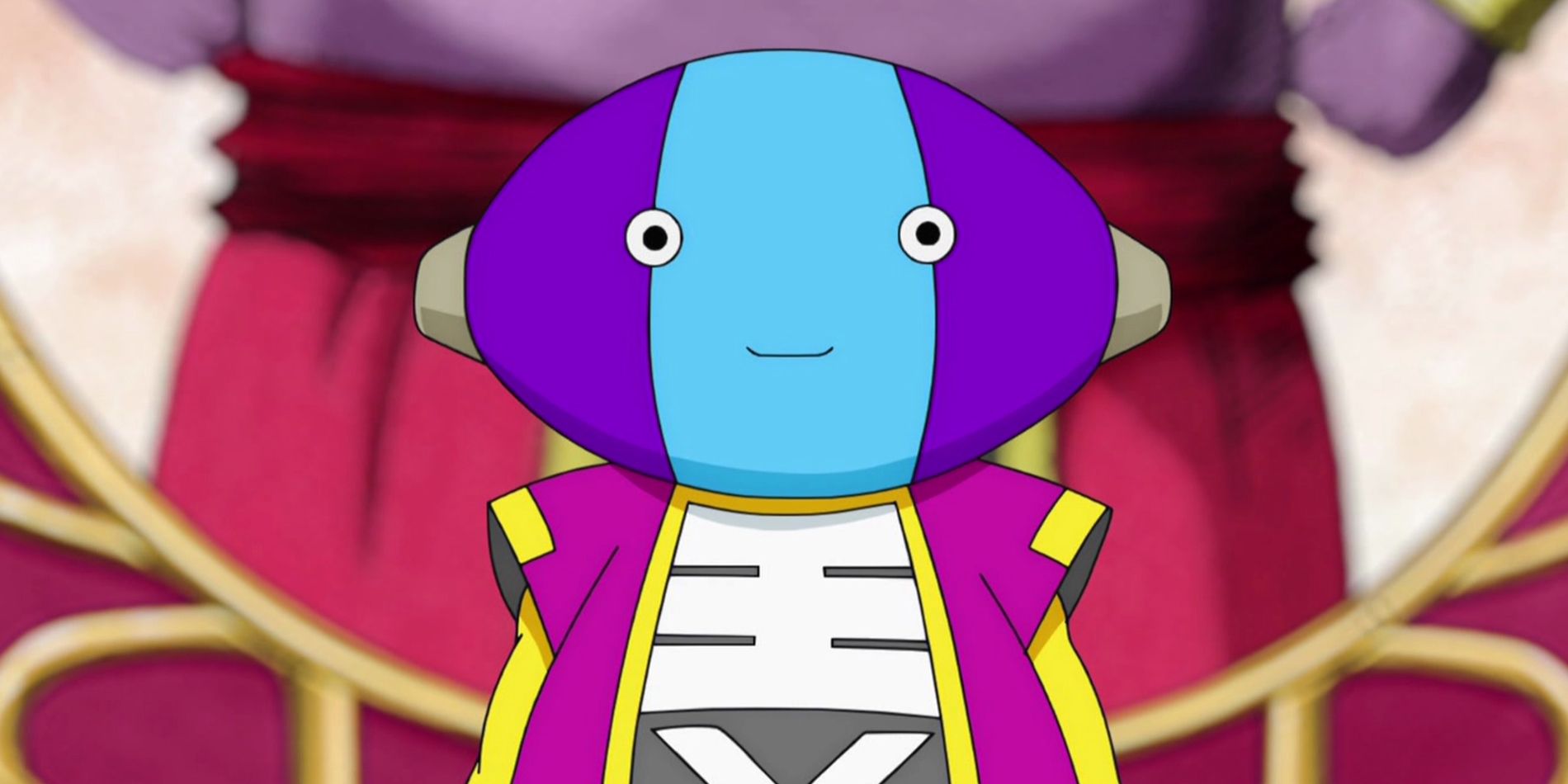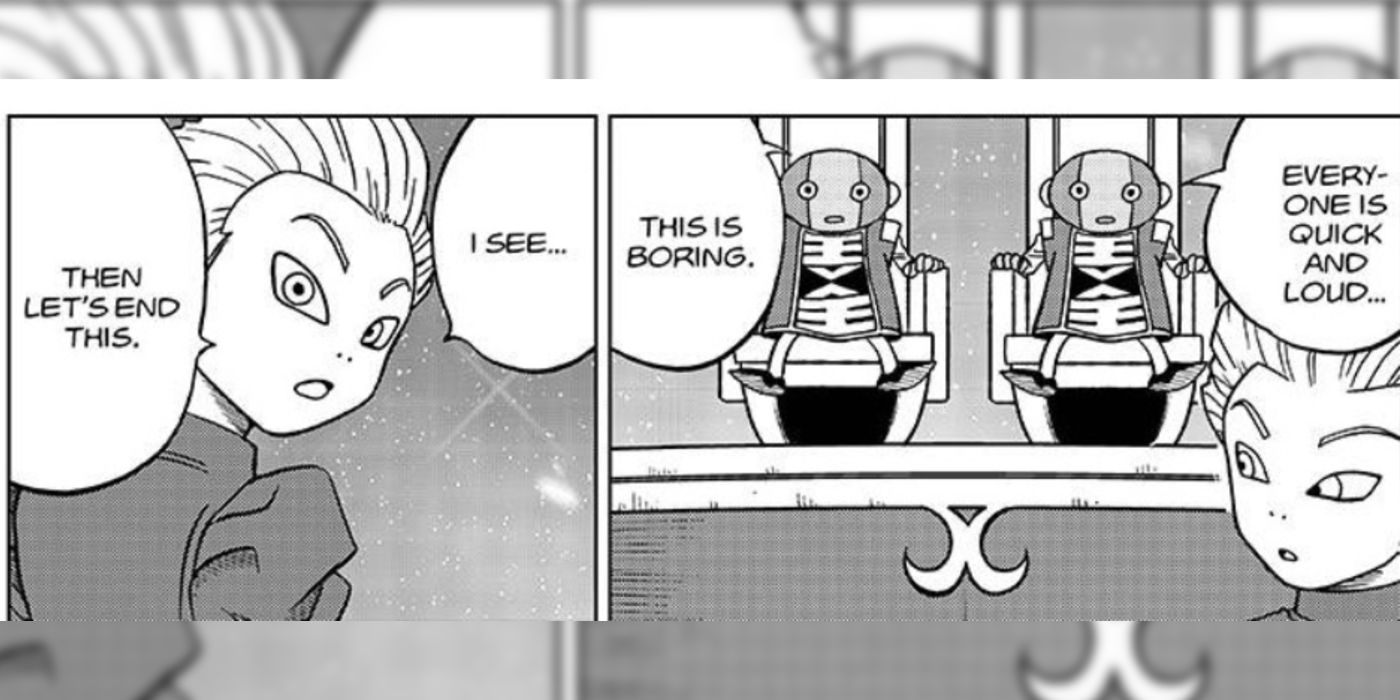The long-running Dragon Ball series has always had a focus on who can call themselves the strongest, but its most recent iteration, Dragon Ball Super, decisively answered that question by introducing a character who's both a stand-in for manga fans and the supreme deity of the multiverse.
With its genre-defining emphasis on transformations, the question of who's the most powerful at any given moment in Dragon Ball can be tough to answer. From Piccolo to Vegeta to Frieza and on down the line, new villains often bring with them a motive for Goku to push on to a higher level of power. Since meeting the God of Destruction Beerus in Super, Goku's abilities have developed exponentially, but even Beerus doesn't stand at the top of the hierarchy--instead, it's the being known as the Omni-King, Grand Zeno, who has effectively unlimited power.
As a character, Zeno is neither a villain nor a hero; his childlike mind doesn't really seem to have concepts of morality within it, but he's fortunately taken a liking to Goku. Zeno's potential power was even put on display in the Goku Black arc, where Future Trunks' original timeline was destroyed by Zeno in an instant to eradicate Zamasu's grasp on that universe. Zeno is so powerful even Goku and Vegeta don't stand a chance. And, of course, Zeno was the main audience for the Tournament of Power, and was responsible for destroying the defeated universes there. Zeno's role as an observer is actually the key purpose for his inclusion in the comic--while other characters have often sat on the sidelines and commentated on battles, Zeno's omnipotence is what places him closest to the actual, real-life audience.
For a creative like a mangaka, maintaining an audience is the difference between life and death for their entire fictional universe. While Dragon Ball Super may not be at risk, that doesn't mean that Toriyama has forgotten what that period in his career was like. Zeno puts the characters into the same situation as the author in a metafictional sense: if their audience is not pleased, that's the unceremonious end of everything, just like a manga getting canceled. Zeno's childlike nature reflects the expected behavior of Dragon Ball's target shonen (young boy) audience, often voicing common criticisms or complaints. For example, during the battle between Destroyer Gods that made Saiyans look weak in the lead-up to the Tournament of Power, Zeno complains that watching the Destroyers fight is boring and "too intense," as the movements of the Destroyers are so fast that even Zeno can't make out what's happening. This was a common refrain during intense DBZ battles, particularly in the anime, where constantly shifting motion lines can obscure the actual fight. Zeno, like their readers, wants to see cool stuff happen and be entertained and is even willing to forgive violations of established rules (like Fusion) if it's interesting enough.
While being compared to a childish god might seem like an insult to fans, to take it that way is missing the point. The collective audience of a work can feel like a capricious god to an artist, and trying to cater to their inscrutable whims can easily lead to disaster. Just like Goku and the rest of his Dragon Ball Super friends, all a creator can do is put forth their best effort, and hope it's enough.


